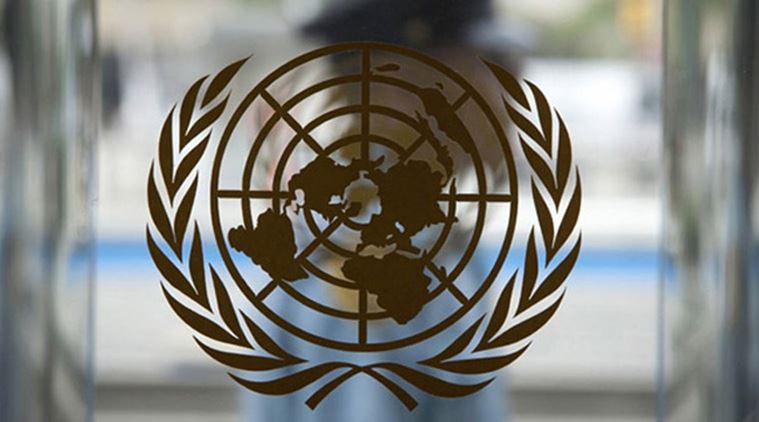 The United Nations is trying to raise 1 million to meet health, water and sanitation and food security needs for about 6 million people in North Korea. (File Photo)
The United Nations is trying to raise 1 million to meet health, water and sanitation and food security needs for about 6 million people in North Korea. (File Photo)
About 20 per cent of North Korean children are stunted because of malnutrition, and half the children in rural areas are drinking unsafe water, a senior UN official visiting the country said. Much progress has been made compared to 20 years ago but “significant humanitarian challenges” remain, Mark Lowcock, the undersecretary-general for humanitarian affairs, said Wednesday at a news conference in Pyongyang, the capital of North Korea. The U.N. issued a transcript of his remarks.
The United Nations is trying to raise $111 million to meet health, water and sanitation and food security needs for about 6 million people in North Korea. Only 10 per cent has been raised so far, Lowrock said, through donations from the Swedish, Swiss and Canadian governments.
The proportion of children affected by stunting, a failure to develop physically and cognitively, has fallen to 20 percent from 28 percent in 2011, but that “is still a high number,” he said.
“Too much of the water is contaminated, which is a cause of disease and threatens the development of too many children,” he said, according to the transcript.
Besides malnutrition and water, Lowrock also highlighted a shortage of drugs and medical supplies and equipment. One hospital he visited this week had only enough drugs for 40 of its 140 tuberculosis patients, creating dilemmas for doctors who have to figure out what to do, he said.
Lowrock said that Kim Yong Nam, a senior official, briefed him on the government’s commitment to denuclearization and the new focus on economic development as a top priority.